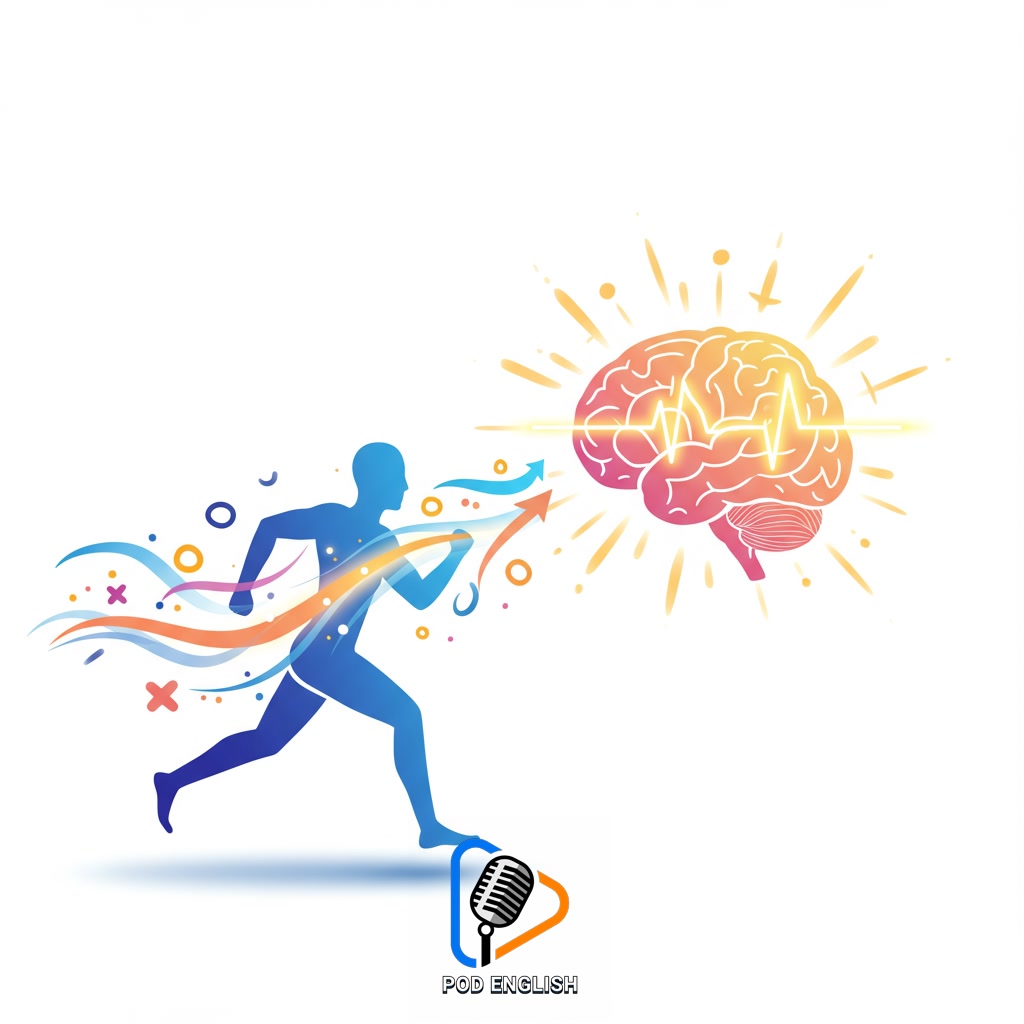Learn English
Boost Your English Learning Motivation Through Exercise

Integrating physical activity can significantly enhance your drive for learning English. Exercise boosts mood and cognitive function, making the process of acquiring language skills more engaging and effective. By incorporating movement into your routine, you can gain the necessary energy and focus to maintain dedication towards your learning English objectives. This practical strategy provides a powerful way to improve consistency and enthusiasm in your language acquisition journey.
Table of Contents
Section 1: Understanding Motivation in Your English Learning Journey
Starting your journey to learn English is exciting, but keeping that initial energy high can be challenging. Motivation is the driving force behind your efforts – it’s why you start, why you continue, and why you push through difficulties. Understanding what truly motivates you is crucial. Is it to travel, get a better job, connect with people, or simply for personal growth? Recognizing your personal ‘why’ provides a clear purpose and helps you stay committed when learning feels tough. Motivation isn’t constant; it naturally ebbs and flows. There will be days you feel inspired and days when it’s hard to even open your textbook. Acknowledging these fluctuations is the first step in finding strategies to maintain your drive and consistency throughout your English learning path. This foundational understanding sets the stage for exploring ways to strengthen your motivation.

Section 2: The Science: Exercise, Brain Health, and Learning
Understanding the connection between physical activity and your brain is key to unlocking sustained motivation for English learning. When you exercise, your body isn’t just getting stronger; your brain receives a significant boost. Increased blood flow delivers more oxygen and nutrients to brain cells, enhancing cognitive functions like focus, memory, and processing speed – all vital for language acquisition. Exercise also triggers the release of neurochemicals such as endorphins, which improve mood and reduce stress, and Brain-Derived Neurotrophic Factor (BDNF), which supports the growth and survival of brain cells and strengthens neural connections. This improved brain environment makes studying feel less daunting and more rewarding, directly contributing to your ability to stay motivated and absorb new vocabulary and grammar effectively.

Section 3: Direct Benefits: Boosting Your Drive to Learn English Through Movement
Building on the idea of the brain-body connection, regular exercise directly impacts your motivation for English learning by releasing endorphins. These ‘feel-good’ chemicals reduce stress and improve mood, making you feel more positive and ready to tackle challenging tasks like language acquisition. Furthermore, physical activity increases blood flow to the brain, enhancing cognitive functions crucial for learning: focus, memory retention, and problem-solving skills. This improved mental clarity means you can concentrate better during study sessions, remember new vocabulary and grammar rules more effectively, and feel less overwhelmed by complex English concepts. The physical energy gained also combats fatigue, keeping you alert and engaged, which is vital for consistent practice. Ultimately, these combined physiological and psychological benefits translate into a stronger, more sustained drive to achieve your English learning goals.

Section 4: Putting It into Practice: Integrating Exercise into Your English Study Routine
Now that we understand how exercise boosts motivation, let’s explore practical ways to integrate it into your English learning routine. You don’t need to become a pro athlete; even short bursts of activity can make a difference. Consider taking a brisk walk during a study break while listening to an English podcast or audiobook. Use a few minutes for stretching or light yoga before sitting down to study, helping you feel more focused. You could also review vocabulary flashcards while cycling on a stationary bike. The key is consistency and finding enjoyable ways to move your body that fit around your study schedule. By actively combining physical activity with your language practice, you’ll enhance both your physical well-being and your mental readiness for learning, making your English journey more energized and productive.














